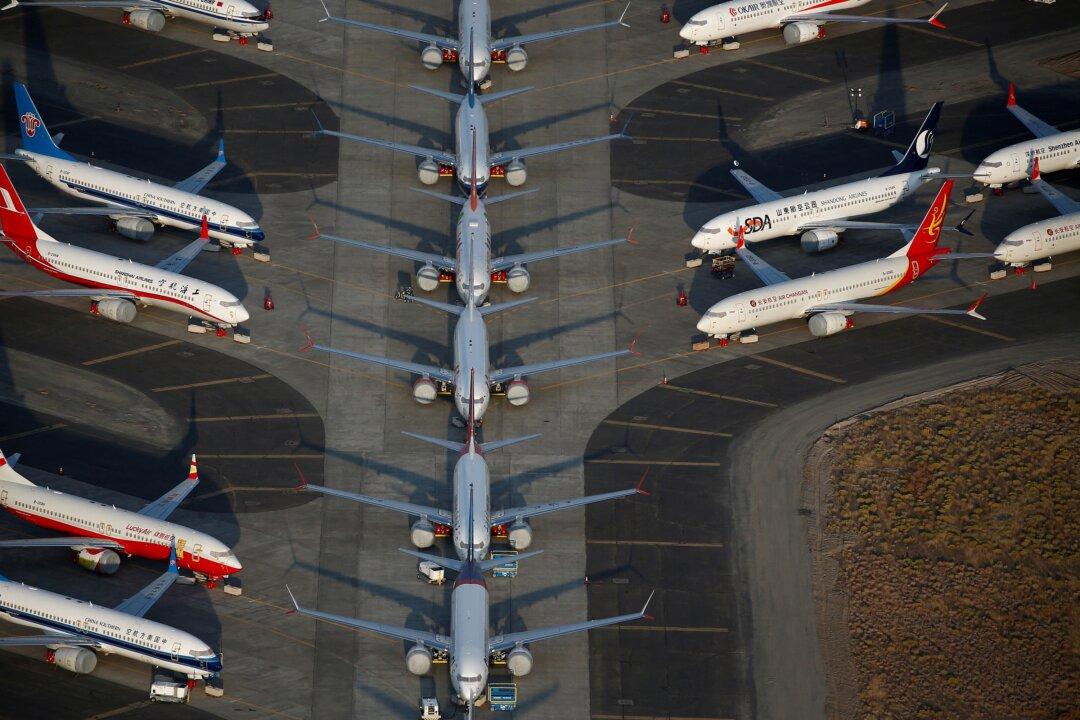WASHINGTON—The Federal Aviation Administration (FAA) said Thursday it had named 24 experts to review Boeing’s safety management processes and how they influence Boeing’s safety culture after two fatal 737 MAX crashes killed 346 people.
The panel, which was required by Congress under a 2020 law to reform how the FAA certifies new airplanes, includes MIT lecturer and aerospace engineer Javier de Luis whose sister was killed in a MAX crash, as well as experts from NASA, the FAA, labor unions, Airbus, Southwest Airlines, American Airlines, United Airlines, GE Aviation, FedEx Express, and Pratt & Whitney.





